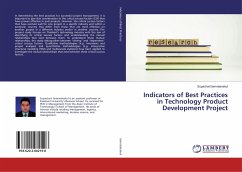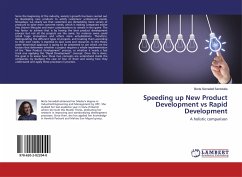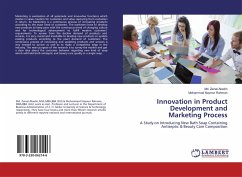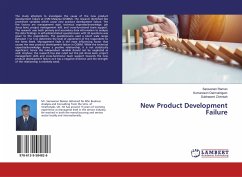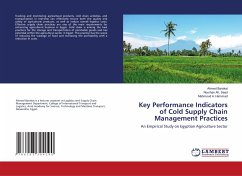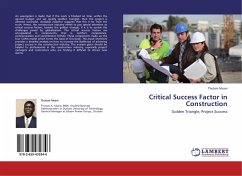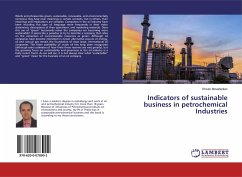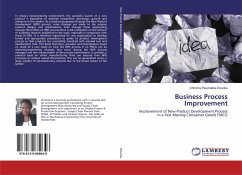In determining the best practices for successful project management, it is important to give due consideration to the critical success factors (CSF) that have proven effective in past projects. However, the critical success factors that have worked well for one project in a specific industry and within a particular country may differ from those that are most effective on another project in a different industry and/or in another country. The present study focuses on Thailand's technology industry with the aim of identifying its critical success factors and understanding the mutual relationships that exist between them. To understand these mutual relationships, this study distinguishes between "driving" and "dependent" critical success factors. Qualitative methodologies (e.g. interviews and project analyses) and quantitative methodologies (e.g. interpretive structural modeling (ISM) and multivariate statistics) have been applied to investigate the mutual relationships that exist between these critical success factors.
Bitte wählen Sie Ihr Anliegen aus.
Rechnungen
Retourenschein anfordern
Bestellstatus
Storno

